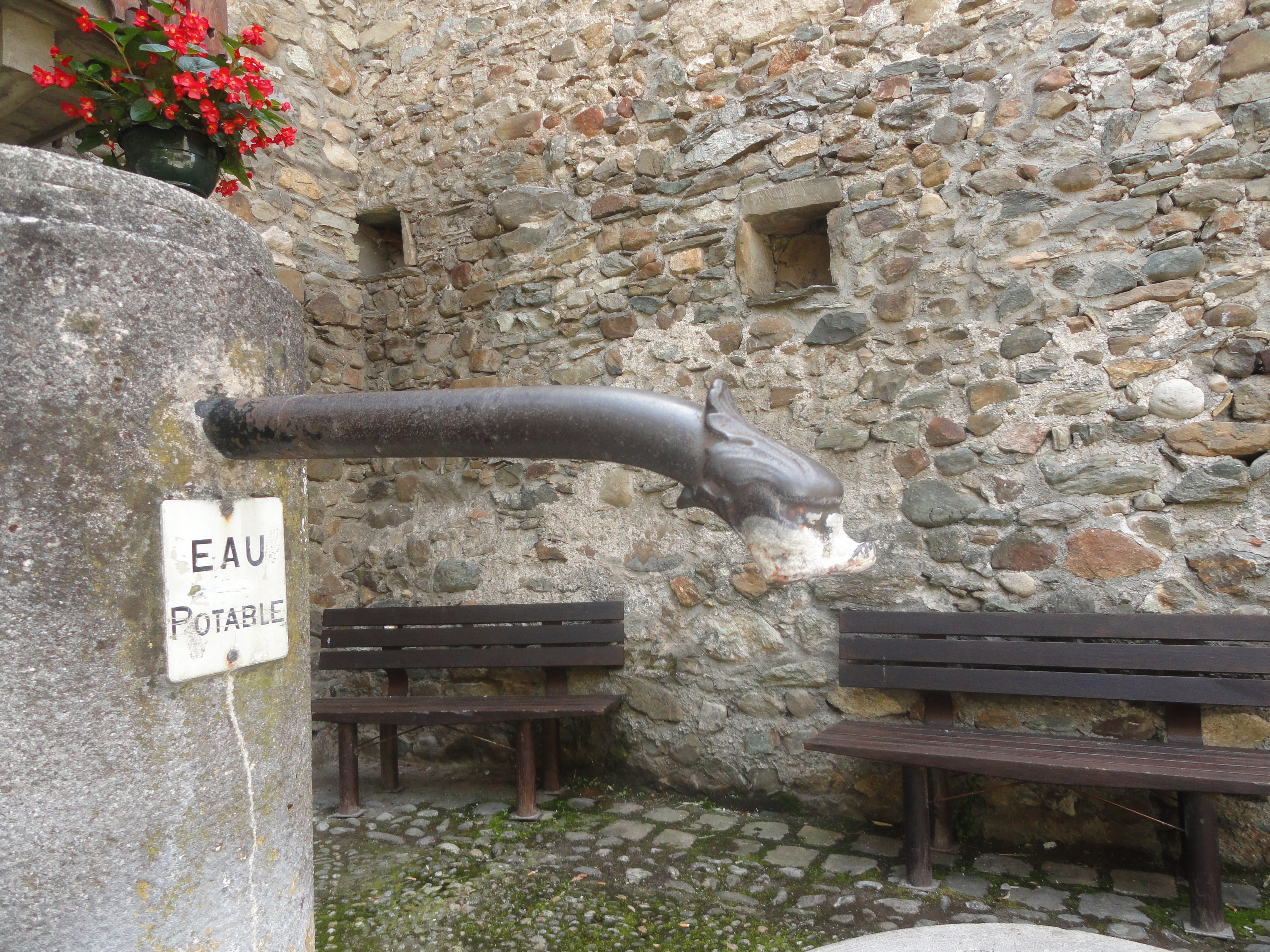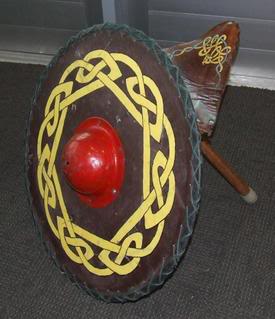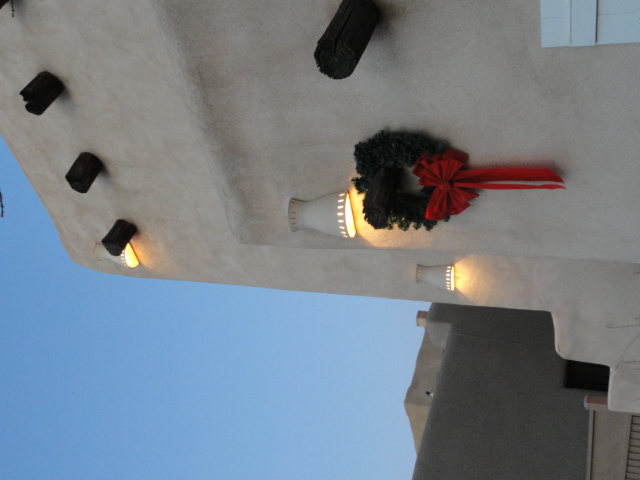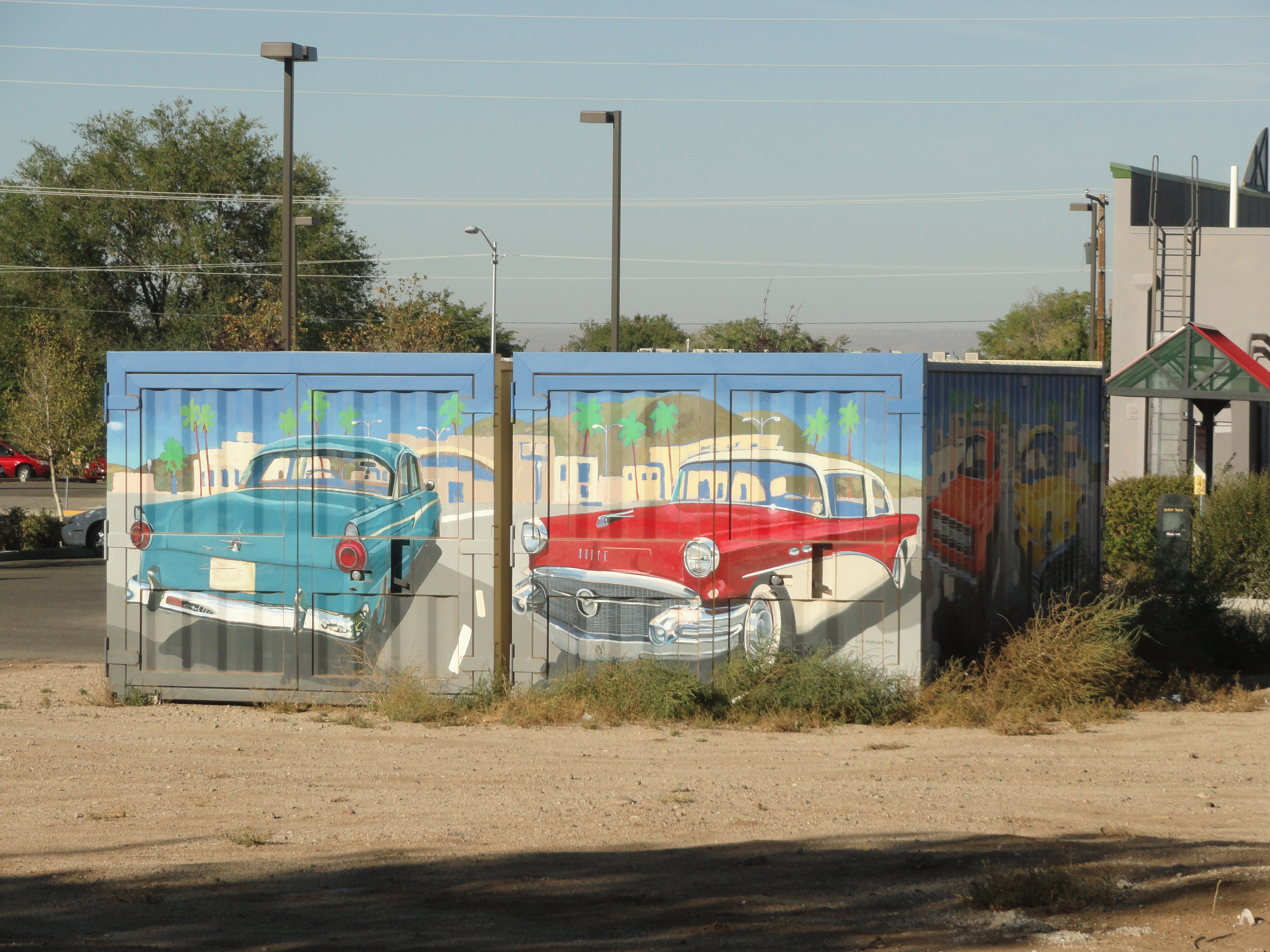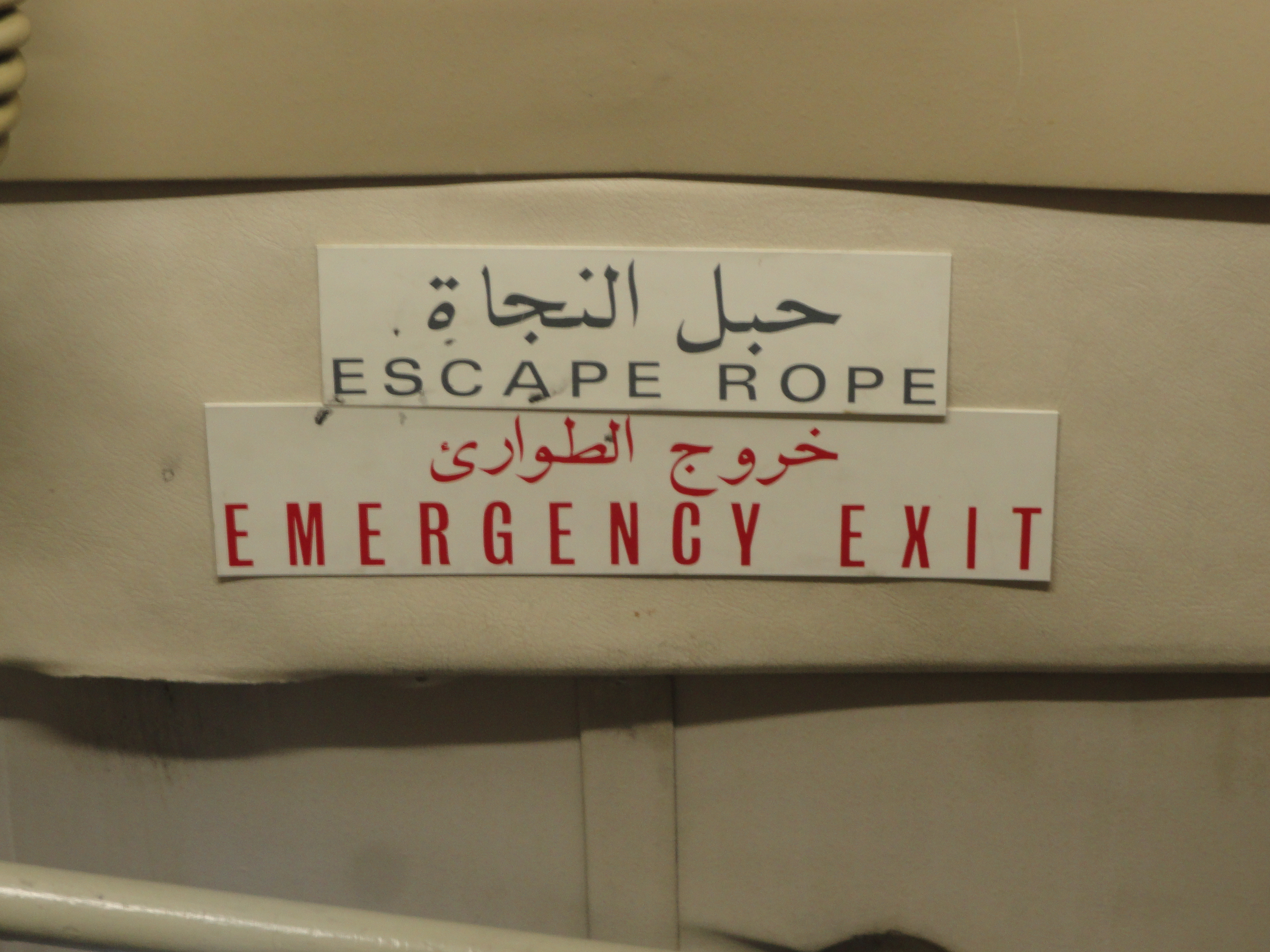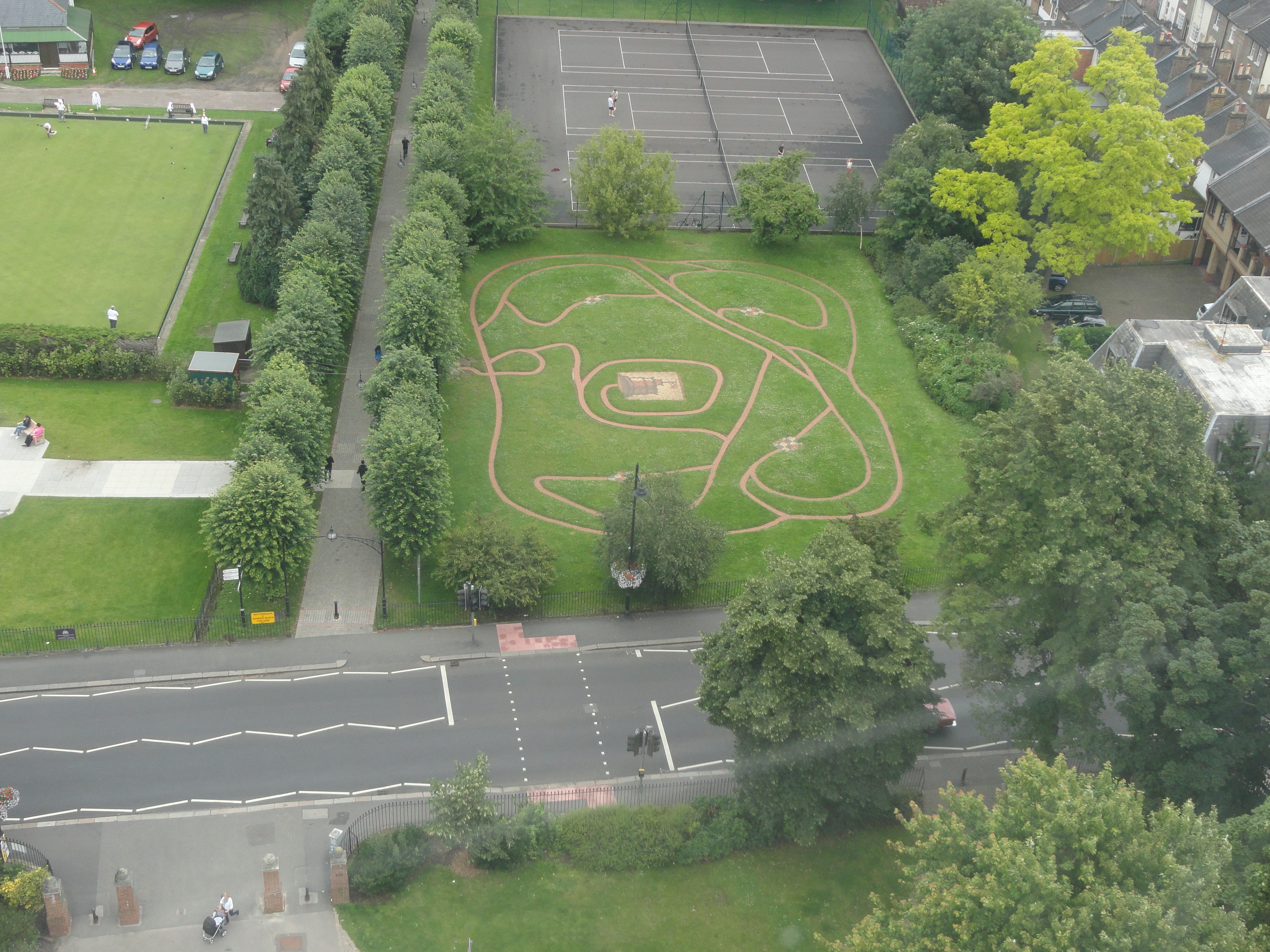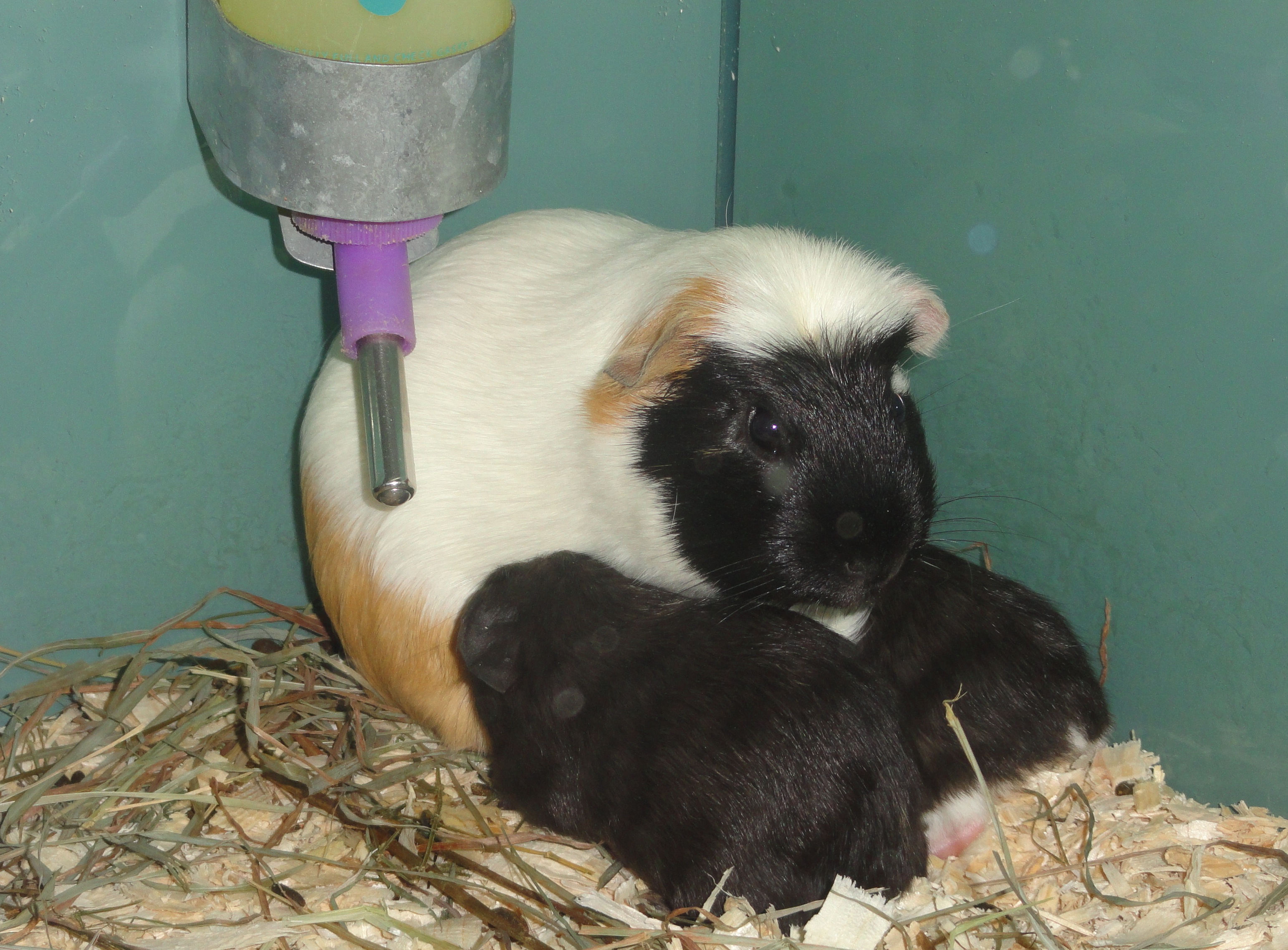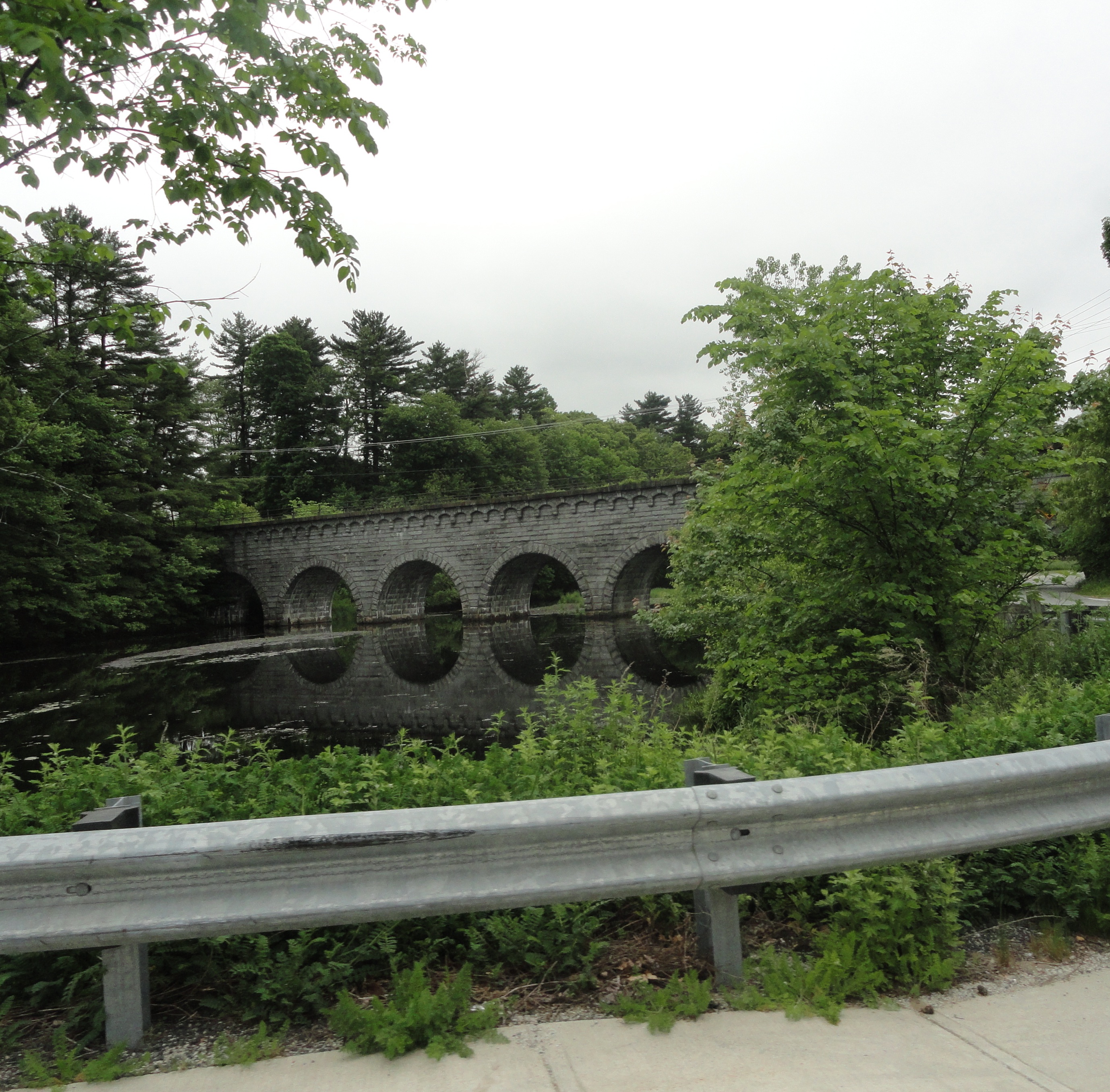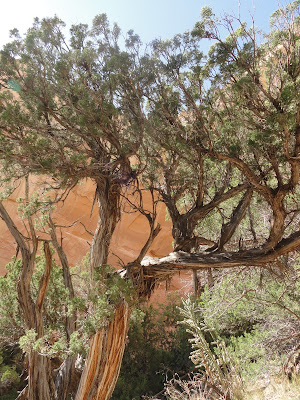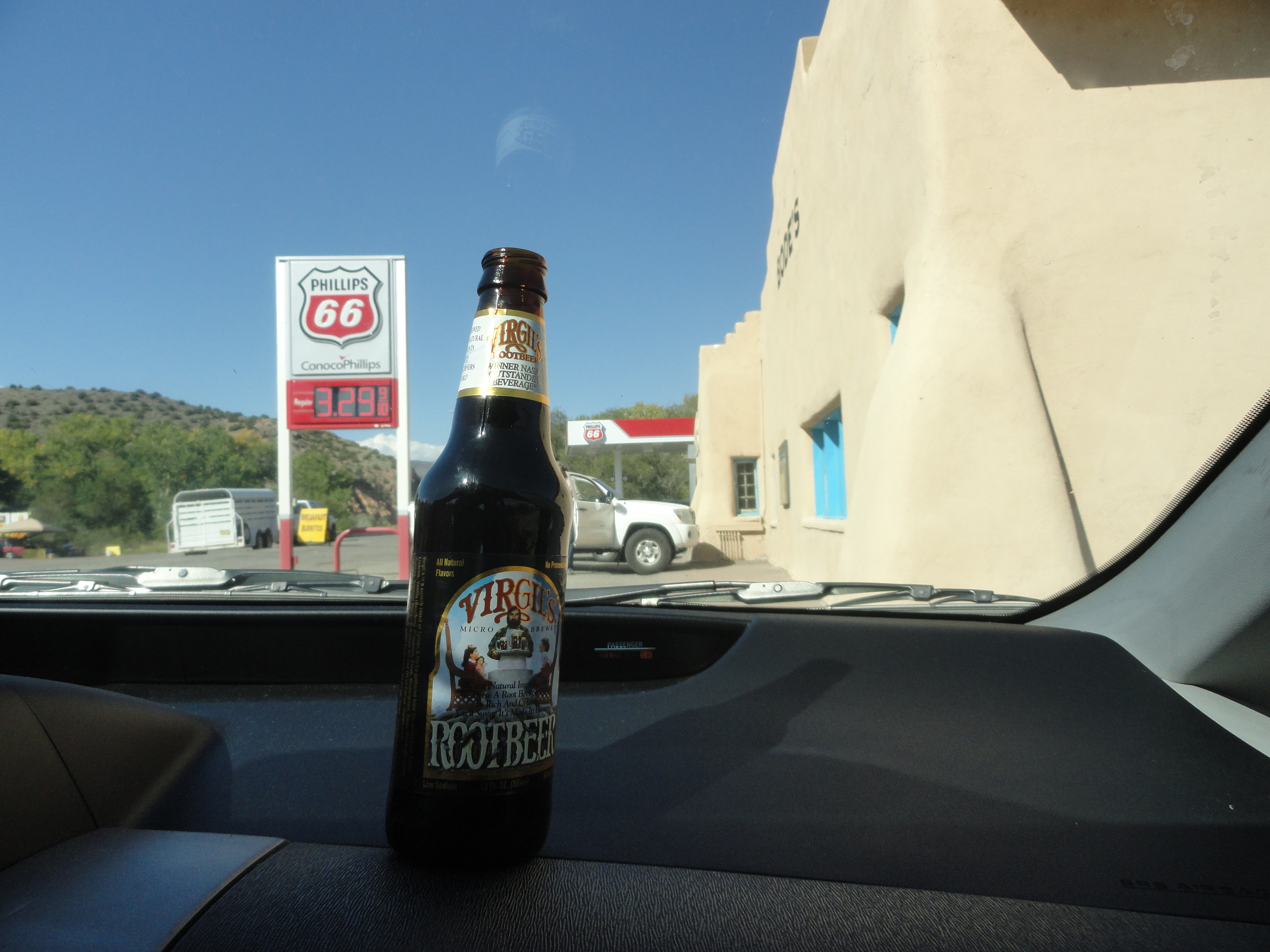In deciding which link to use with this image, I settled on the history page, and noticed a paragraph I wrote over a decade ago. Now, two deaths and a Nobel prize have entered the story:
History can be nearly current, like comparative pop/funk of the '80s— is Prince really all that much greater than Michael Jackson? Is it because he plays guitar? What about the history of the guitar? Does Minneapolis create better musicians than Gary, Indiana, or does it even matter? Is Bob Dylan evidence for Minneapolis? One thing leads to another. Thinking about Minneapolis can lead to thoughts of U.S. history, of early 19th century border fortifications, the Mississippi River, the French in Canada, and in Louisiana. You can let your mind float downstream (or up). "Hiawatha" would've been set in that area, and Longfellow wrote that and many other things of childhood, and parents, and night time.
photo by Sandra Dodd
__


